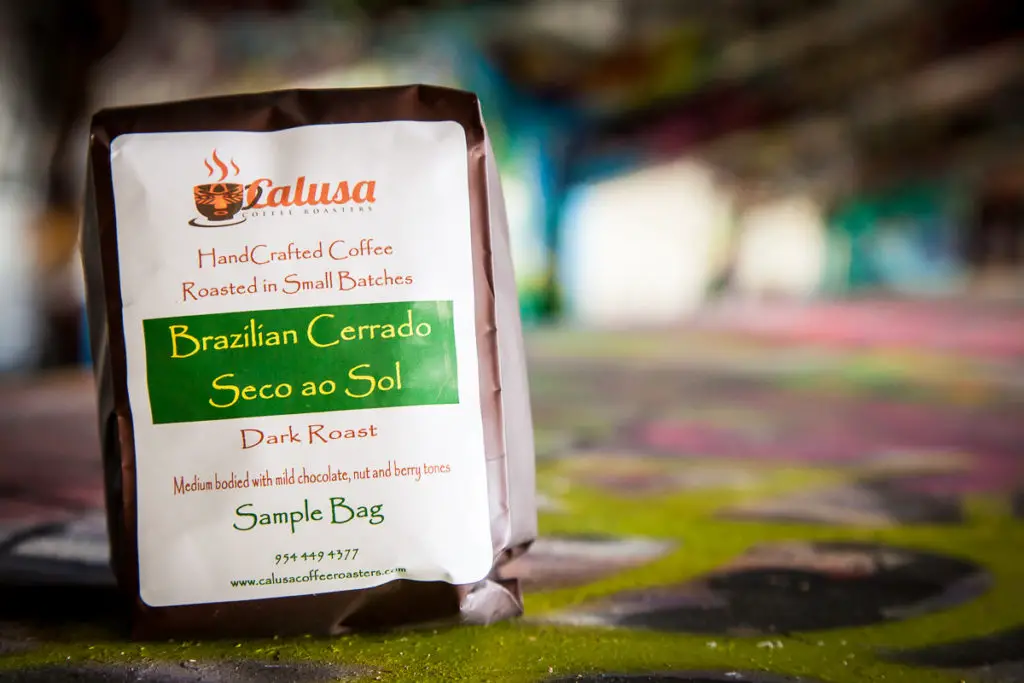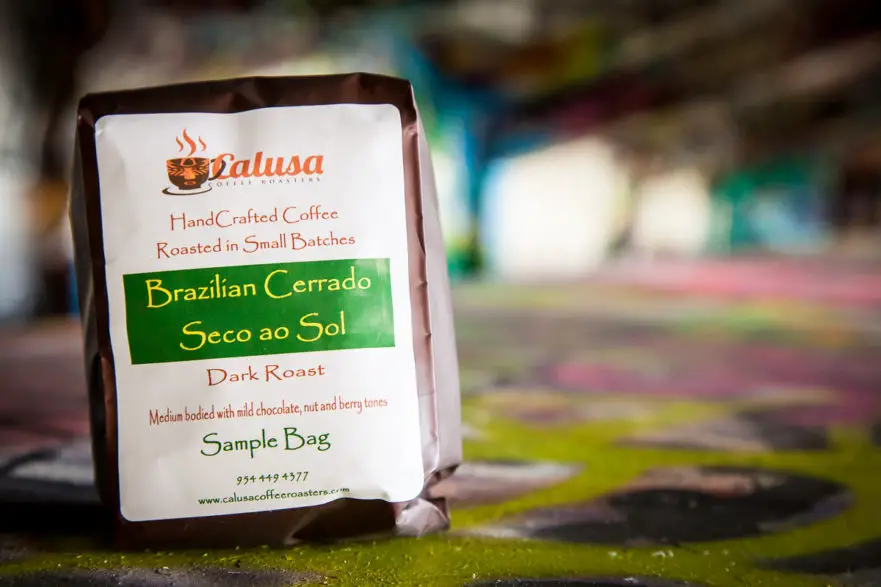
IHow to Find Quality Specialty Coffee Shops at Home or Abroad
If you’re a coffee lover, you know not all coffee shops are created equal. A great specialty coffee shop can turn a quick caffeine stop into a memorable experience, whether you’re in your hometown or halfway across the globe. But with so many cafes claiming to serve “specialty” coffee, how do you separate the good from the mediocre?
This guide breaks down the history of specialty coffee, what to look for in a quality shop, and practical steps to find one no matter where you are. Let’s get started.
A Brief History of Specialty Coffee
Specialty coffee has its roots in the 1960s, when a small group of enthusiasts in California started seeking out high-quality beans and roasting them to highlight their unique flavors. This was a departure from the mass-produced, often bland coffee that dominated the market. By the 1970s, the term “specialty coffee” was coined by Erna Knutsen in the Tea & Coffee Trade Journal, describing beans grown in specific microclimates with exceptional flavor profiles.
This movement gained traction over the decades, with specialty coffee shops spreading across the U.S. and beyond. Today, it’s a global industry, driven by a passion for quality, sustainability, and craftsmanship. Specialty coffee shops focus on beans that score 80 or higher on a 100-point scale set by the Specialty Coffee Association (SCA), emphasizing traceability, ethical sourcing, and precise brewing.
The culture around these shops often feels like a community hub, where baristas and customers share a love for coffee and its stories.
What Makes a Specialty Coffee Shop Stand Out?
Not every cafe that calls itself “specialty” lives up to the name. Here are the key elements to look for when evaluating a coffee shop:
1. High-Quality Beans
Specialty coffee starts with exceptional beans, often single-origin or from specific farms. These beans are carefully sourced from regions known for their unique flavors, like Ethiopia’s floral Yirgacheffe or Colombia’s rich, chocolatey profiles. A good shop will tell you where their beans come from, including the farm, altitude, and processing method. If the menu or barista can’t provide this info, it’s a red flag.
2. In-House Roasting
Shops that roast their own beans have more control over the final product. Look for a roaster on-site or ask if they roast themselves. Expert roasting tailors the process to each bean’s characteristics, bringing out its best flavors. Chains like Starbucks often rely on pre-roasted beans, which can sit for weeks, losing freshness.
3. Attention to Detail
From water temperature to grind size, specialty shops obsess over every step of the brewing process. This precision ensures consistency and highlights the coffee’s unique traits. For example, a pour-over should involve a slow, controlled pour to extract delicate flavors, while espresso requires exact pressure and timing.
4. Knowledgeable Baristas
A great barista is like a sommelier, able to explain the coffee’s origin, flavor notes, and brewing method. They should be trained to craft a range of drinks, from a balanced espresso to a nuanced pour-over. If the staff seems clueless or uninterested, the coffee likely won’t impress.
5. Variety of Brewing Methods
Specialty shops offer multiple brewing options to showcase their beans. Common methods include:
- Espresso: A concentrated shot that forms the base for lattes and cappuccinos, with a bold, complex flavor.
- Pour-Over: A slow drip method that produces a clean, crisp cup, highlighting subtle notes.
- Cold Brew: Steeped in cold water for 12-24 hours, this method yields a smooth, less acidic coffee, perfect for iced drinks.
- French Press: A full-bodied brew made by steeping coarse grounds and pressing them through a mesh filter.
- AeroPress: A quick, pressure-based method that creates a smooth, flavorful cup with low acidity.
- Siphon: A theatrical method using vacuum pressure for a clean, bright coffee with fruity notes.
A shop offering several of these methods shows versatility and a commitment to quality.
6. Welcoming Atmosphere
The ambiance matters. A good specialty shop feels inviting, with comfortable seating and a design that encourages lingering. It might have a minimalist, modern look or a quirky, local charm, but it should feel like a place where coffee lovers gather.
7. Community and Sustainability
Many specialty shops build community through events like cuppings or brewing workshops. They also prioritize ethical sourcing, paying fair prices to farmers and supporting sustainable practices. Look for certifications like Fair Trade or direct trade partnerships on their website or menu.
How to Find a Specialty Coffee Shop
Whether you’re at home or traveling, these steps will help you locate a quality coffee shop:
1. Do Your Homework Online
Start with a simple Google search like “specialty coffee [city name]” or check coffee-focused sites like Sprudge or European Coffee Trip for curated city guides. Review platforms like Yelp or Google Reviews can give you a sense of customer experiences, but don’t rely solely on star ratings.
Look at photos to spot high-end equipment (like a La Marzocco espresso machine) or latte art, which often indicate a serious approach to coffee. Apps like Roasters or Best Coffee are also great for finding vetted specialty shops worldwide.
2. Check Menus and Social Media
Visit the shop’s website or Instagram to see their menu and vibe. A concise menu with classics like cortados, flat whites, and single-origin pour-overs is a good sign. Avoid places pushing oversized, syrup-heavy drinks, as they’re likely prioritizing quantity over quality. Social media posts can reveal if they roast in-house or highlight their sourcing practices.
3. Ask for Recommendations
Tap into your network. Ask coffee-loving friends, coworkers, or local baristas for their go-to spots. When traveling, ask baristas at one shop for recommendations—they often know the best places in town.
4. Visit and Evaluate
Once you’ve got a shortlist, visit the shops in person. Order a simple drink like an espresso or pour-over to judge the coffee’s quality without milk or sugar masking the flavors. Chat with the barista about the beans’ origin or brewing process. A passionate, knowledgeable response is a strong indicator of a quality shop. Pay attention to the atmosphere—does it feel like a place you’d want to return to?
5. Trust Your Taste
Ultimately, your palate is the best judge. If the coffee tastes flat, overly bitter, or lacks complexity, it’s probably not a true specialty shop. Great coffee should have distinct flavors, like fruity, nutty, or chocolatey notes, that linger pleasantly.
Tips for Travelers
Finding a specialty coffee shop abroad can be trickier, but the process is similar. Use apps like Roasters, which lists over 19,000 specialty cafes globally, or search for “third wave coffee” to narrow down options. In cities like Paris or Tokyo, where specialty coffee is booming, look for shops emphasizing single-origin beans or small-batch roasting. If language is a barrier, check for Q Grader certificates on the wall or ask simple questions like, “Where are your beans from?” A good shop will find a way to communicate their passion.
Final Thoughts
Specialty coffee shops are about more than just a caffeine fix—they’re places where quality, craftsmanship, and community come together. By focusing on high-quality beans, expert roasting, and precise brewing, these shops offer coffee experiences that stand out. Whether you’re hunting for a local gem or a must-visit cafe on your travels, a little research and attention to detail will lead you to the best spots. So grab your phone, start searching, and enjoy the hunt for your next great cup of coffee.

